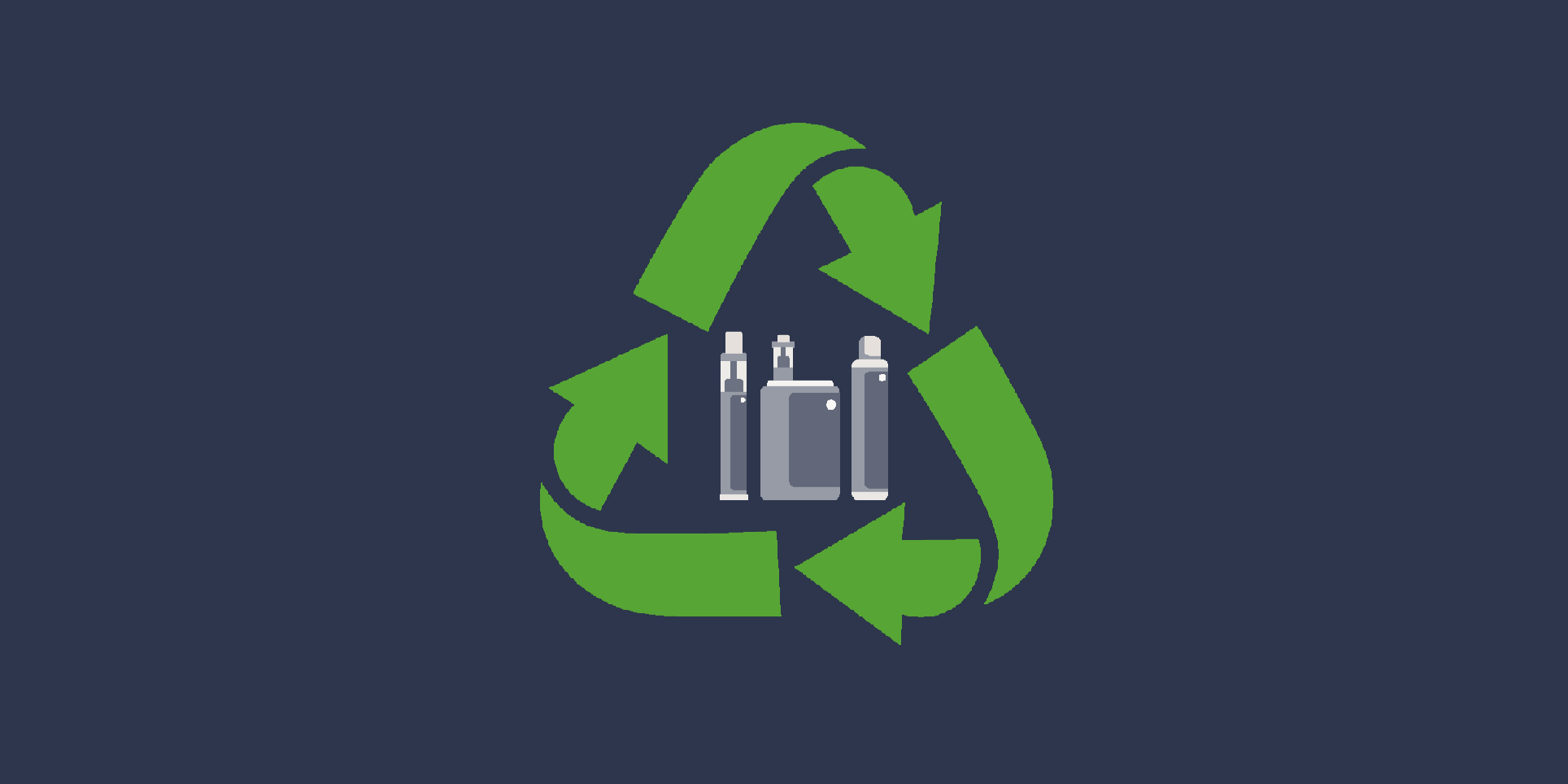Harmonizing Tobacco Harm Reduction & RRP Waste Management: A Dual Road to Sustainability

In our blog, Is RRP waste the biggest threat to THR?, we argued that the risks of not implementing comprehensive reduced-risk product (RRP) waste management solutions aren’t limited to environmental concerns alone. It threatens the very foundation of tobacco harm reduction. While many opponents of THR have historically hinged their arguments on oft-debunked science, the concerns surrounding RRP waste and its environmental impact stand on firmer scientific ground and indeed need addressing.
A potent tool for THR opponents
The narrative of environmental harm from RRPs has a widespread and passionate constituency. It is emotionally resonant, providing detractors with a potentially powerful tool to counter the many public health arguments favouring THR. It’s a narrative based on concrete evidence, unlike several anti-THR arguments that have failed to withstand scrutiny.As the THR debate unfolds, addressing RRP waste head-on is crucial. Failing to do so could jeopardize the entire THR movement. The environmental and health ramifications of RRP waste are real and undeniable. Moreover, they could serve as a potent weapon in the arsenal of those ideologically opposed to tobacco harm reduction.
Calls for increased regulation and single-use vape bans
Environmental concerns have continued to escalate, as have calls for increased regulation or banning single-use vapes altogether.In the UK, The Local Government Association, representing councils in England and Wales, has called on the Government to ban the sale and manufacture of single-use vapes by 2024, joining similar calls from environmental activists. Whilst the Royal College of Paediatrics and Child Health’s recommendation to Government to ban single-use vapes is rooted in concerns over the significant increase in youth vaping in the UK, its press release cites environmental concerns as a supporting motivation.
Elsewhere, New Zealand has introduced a ban on single-use to discourage youth uptake, and in the US, several states are actively considering legislation to tackle RRP waste. Notably, California is exploring regulations placing responsibility squarely on manufacturers to manage waste from their products. Similarly, discussions are underway in the EU to incorporate e-cigarettes and other RRPs into the Extended Producer Responsibility (EPR) scheme. Such an inclusion will mandate manufacturers to be accountable for the waste management of their products.A clear regulatory framework is vital, but product bans may not be the most effective solution. In fact, bans can be counterproductive, shifting product sales into the illicit category, making finding a sustainable environment-friendly solution even more challenging.
Industry Response
On 15 March 2023, the UKVIA hosted a virtual summit – “A Greenprint for Sustainable Vaping”, and on 27 April published its 22-point environmental action plan for the sector, entitled “Greenprint for Sustainable Vaping, following an industry-wide consultation. The plan covers five broad areas – Retail, Consumer, Product Design, Waste Infrastructure and Regulatory & Policy, and represents a vital building block for addressing the environmental concerns related to RRPs.Several companies are also pioneering recycling initiatives, creating drop-off points for used products, thereby reducing the environmental footprint of RRPs. In addition, single-use vapes with recyclable cardboard casings and biodegradable mouthpieces were recently launched in the UK.
Idwala’s Involvement
A current Idwala project, “A Blueprint for Global RRP Waste Management”, entails the development of a Waste Management Protocol for Reduced-Risk Tobacco and Nicotine Products in the UK. This vital project is being funded by a grant from the Foundation for a Smoke-Free World.Pieter Vorster, Managing Director of Idwala Research, had the pleasure of participating in a workshop entitled “Reducing the environmental impacts in tobacco harm reduction” at the Global Forum on Nicotine held in Warsaw in June this year. There, he contributed to a multi-dimensional discussion on the challenges and potential opportunities to practically address the issue of RRP waste management. A video recording of the session is available here. The Project Team is now looking forward to sharing its insights at the Global Tobacco and Nicotine Forum in Seoul in September and the UKVIA Forum in London in November.
